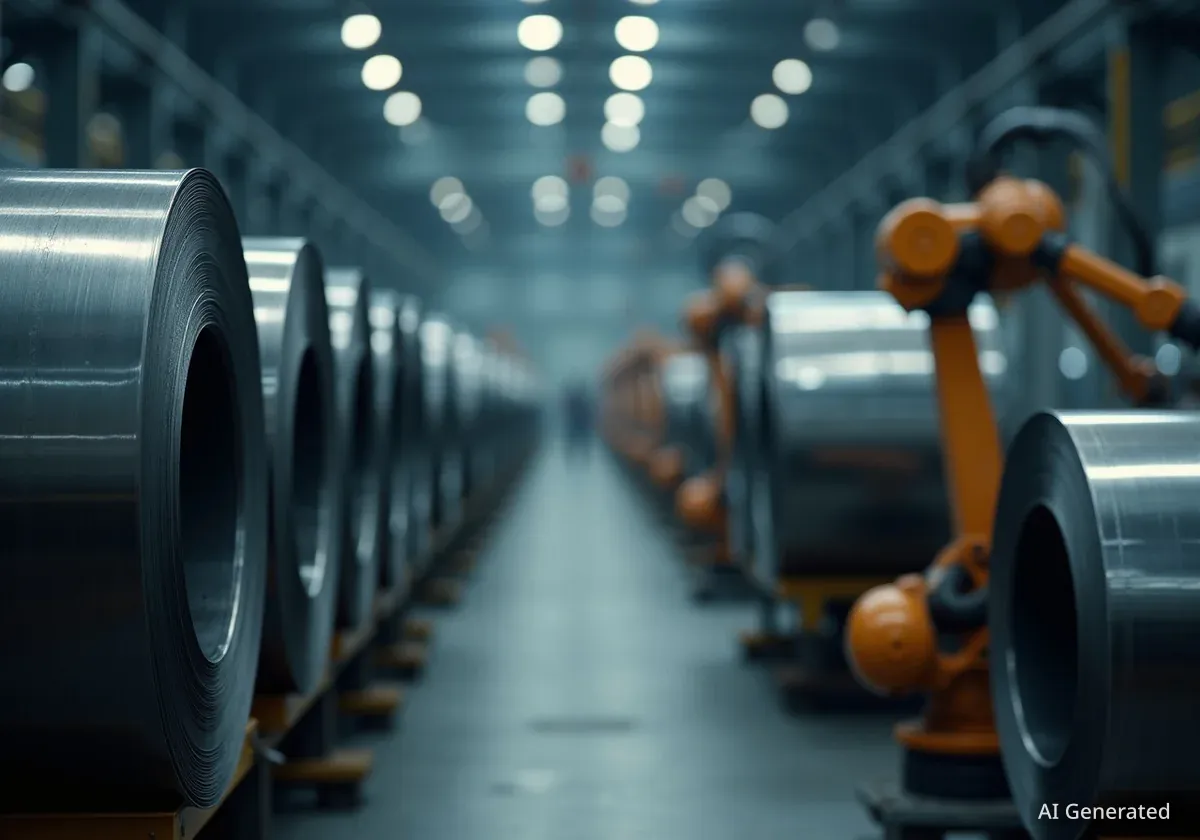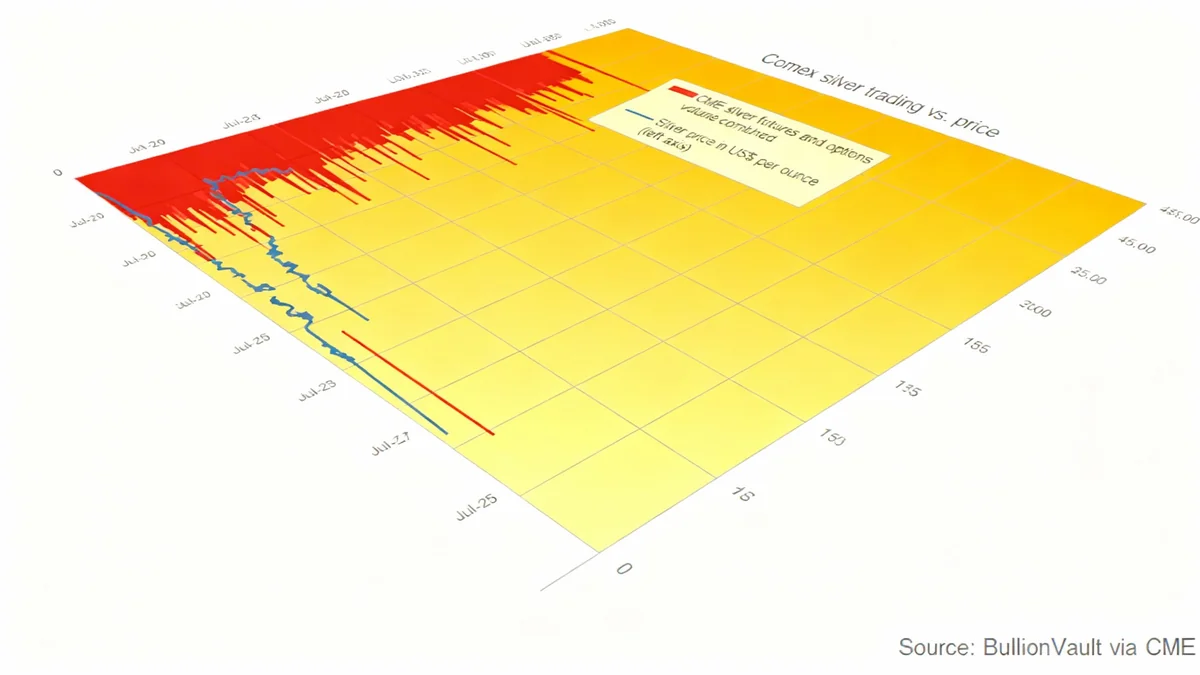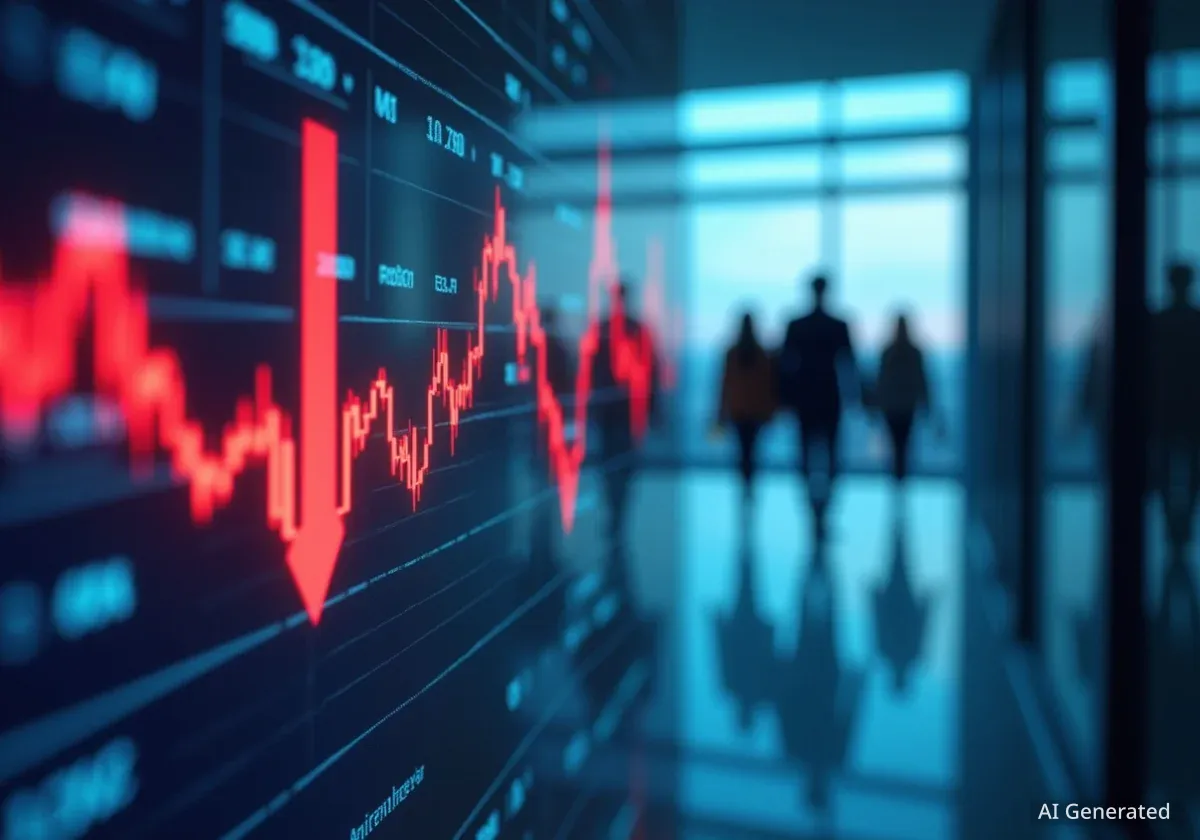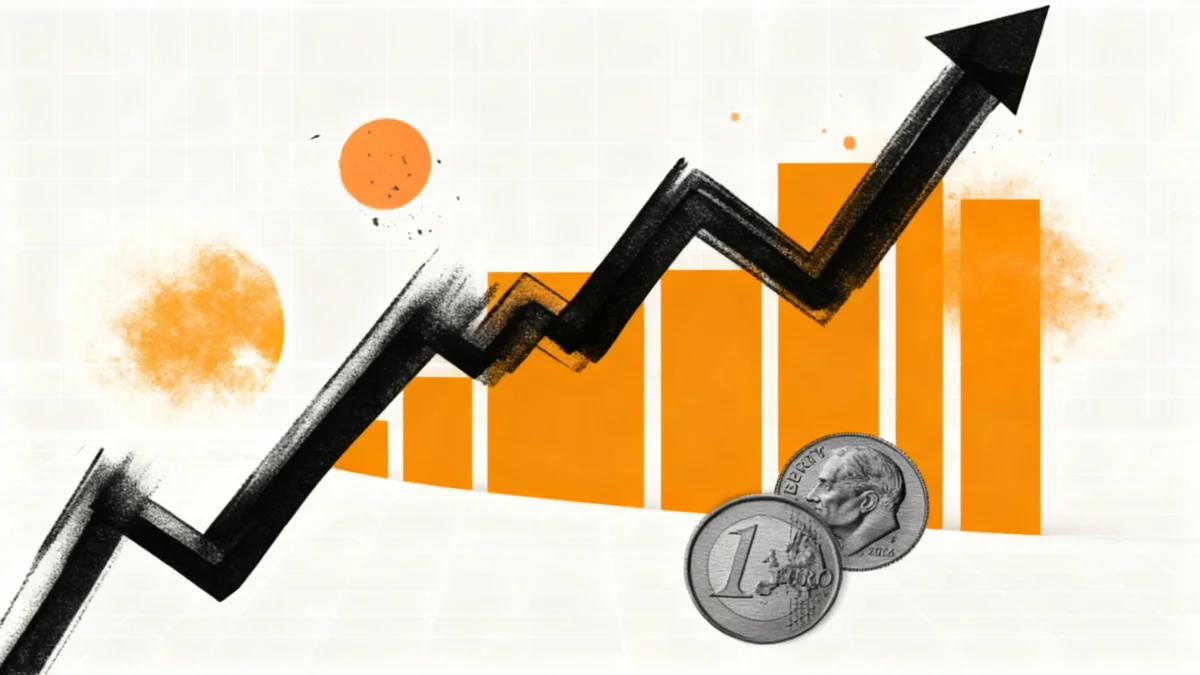European stock markets experienced a significant divergence on Wednesday following the European Union's announcement of proposed new tariffs on imported steel. The measures, intended to protect the bloc's domestic industry, triggered a rally in steel company shares while simultaneously causing a sharp decline in the automotive sector, which fears rising production costs.
The pan-European Stoxx 600 index reflected this mixed sentiment, closing approximately 0.6% higher. However, the overall gain masked the underlying tension between industrial sectors directly affected by the potential trade policy shift.
Key Takeaways
- The European Union proposed reducing tariff-free quotas and increasing tariffs on excess steel imports from 25% to 50%.
- Shares of major European steel producers, including ArcelorMittal and Thyssenkrupp, surged following the announcement.
- Automotive stocks, led by BMW and Mercedes-Benz, fell sharply on concerns over higher raw material costs.
- The European Automobile Manufacturers’ Association has formally objected, stating the proposed measures are excessive.
Details of the Proposed Steel Tariffs
The European Commission announced plans on Tuesday to implement stricter controls on steel imports. The proposed changes involve two key actions: reducing the existing tariff-free quotas and significantly increasing the tariff rate on any steel imported beyond those quotas.
Under the new plan, the tariff on excess imports would double, rising from the current 25% to 50%. The EU stated that these safeguards are necessary to address what it describes as "unsustainable levels of global overcapacity" that place significant pressure on European steel producers.
The move has raised alarm in nearby markets. The United Kingdom's steel industry, already facing considerable economic challenges, warned that the EU's measures could represent an existential threat to its operations by limiting access to a critical market.
A Tale of Two Sectors in the Market
The market reaction to the tariff news was immediate and starkly divided. Investors quickly bought into steel companies, anticipating that reduced foreign competition would bolster prices and profitability for regional producers. In contrast, shares in the automotive sector were sold off due to the prospect of increased manufacturing expenses.
Steel Producers Rally on Protectionist Measures
European steel manufacturers were the day's biggest winners. Shares of these companies climbed to the top of the Stoxx 600 index as investors priced in the benefits of a more protected market.
Steel Stocks on the Rise
Major steel producers saw significant gains:
- ArcelorMittal: The Luxembourg-based giant saw its stock jump by 5.2%.
- Thyssenkrupp: The German industrial group's shares rose by 4.6%.
- SSAB: The Swedish steelmaker's stock added 4.2%.
This positive performance highlights market confidence that the proposed tariffs will effectively shield European steel companies from cheaper international competitors, allowing them to maintain or increase their pricing power within the bloc.
Automakers Face Pressure from Rising Costs
The reaction in the automotive sector was precisely the opposite. The industry, a major consumer of steel, saw its stocks decline by an average of 1.7%. The primary concern is that higher steel prices will squeeze profit margins or force carmakers to pass the increased costs on to consumers, potentially dampening demand.
Leading the losses was BMW, whose shares fell by 7%. While the tariff news was a major factor, the German automaker also trimmed its margin guidance due to weak sales figures from China, compounding the negative sentiment.
Other major car manufacturers also felt the impact. Daimler Truck shares were down 3.1%, and Mercedes-Benz Group saw its stock shed 2.7%. These declines reflect widespread investor anxiety about the ripple effects of the steel tariffs on the entire automotive supply chain.
Industry Voices Concerns
The European Automobile Manufacturers’ Association (ACEA) quickly issued a statement opposing the proposal. Director General Sigrid de Vries acknowledged the need for some protection for the steel industry but argued the new measures were imbalanced.
"We do not contest the need for some level of protection for a commodity industry like steel but we feel that the parameters as proposed by the Commission go too far in ring-fencing the European market. We need to find a better balance between the needs of European producers and users of steel in this measure."
Broader European Market and Corporate News
Beyond the steel tariff story, several other developments influenced European markets. In France, political uncertainty continued after Prime Minister Sebastien Lecornu's resignation on Monday. President Emmanuel Macron granted him a 48-hour extension to negotiate with rival parties over the budget, a critical issue that has destabilized previous governments. The outcome of these discussions is being closely watched by investors.
In corporate deal-making, there was significant news in the technology and engineering space. SoftBank Group announced its intention to acquire the robotics division of Swiss engineering firm ABB in a deal valued at $5.4 billion. Despite the major acquisition, ABB's shares were down 0.3% in afternoon trading, giving up earlier gains.
Global Market Context
The movements in Europe occurred within a mixed global environment. Overnight, Asia-Pacific stock markets traded flat, diverging from Wall Street, which had seen losses on Tuesday. U.S. markets showed a slight recovery on Wednesday after the S&P 500's seven-day winning streak came to an end.
Investor sentiment in the U.S. was partly affected by a drop in Oracle shares, which raised questions about the durability of the recent rally in artificial intelligence-related stocks. Additionally, the U.S. government shutdown entered its second week, adding another layer of uncertainty for the global economy.





